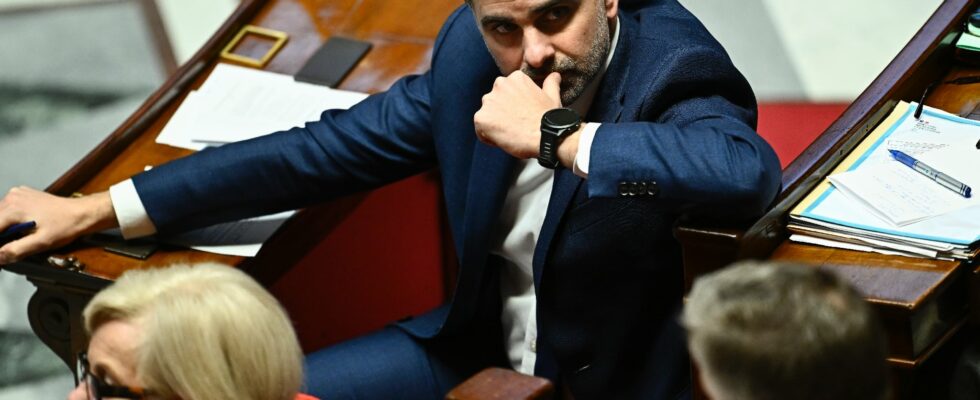The fall of the Barnier government plunged France into limbo. Failing to have adopted a budget for 2025, the deputies will examine, this Monday, December 16, a special bill, intended to guarantee the continuity of the State and public services. It consists of three articles, mainly aimed at authorizing the government to raise taxes and spend credits on the basis of the 2024 budget. This relief text will also allow the State and Social Security to borrow. “The special finance bill must be submitted before December 19 and it is discussed according to the accelerated procedure for promulgation before January 1,” recalls the site Public Life.
But this will not console the sectors which had made certain progress with the previous budget carried by former Prime Minister Michel Barnier. The various commitments favorable to farmers, the textile sector or government ministries will therefore not be applied under the special law. “It is a technical text, without political significance,” said the resigning Minister of the Economy, Antoine Armand, on Wednesday, December 11.
A large number of deputies also want this bill to make it possible to index the income tax scale to inflation, in order to avoid increases for taxpayers next year. Amendments to this effect have been tabled, including one signed by the general rapporteur of the Budget, Charles de Courson (Liot), and by the president of the Finance Committee, Éric Coquerel (LFI).
The opinion of the Council of State “does not constitute judgment”
It remains to be seen whether these amendments will be declared admissible by the President of the National Assembly, Yaël Braun-Pivet. The latter had not made its intentions known on Sunday evening. But according to a parliamentary source at AFP, “there is no suspense”, and Yaël Braun-Pivet should follow the opinion of the Council of State, which indicated last Tuesday that the special law was not the appropriate vehicle to implement this indexing. Opinion shared by the President of the Senate, Gérard Larcher, in an interview with La Tribune Sunday.
Éric Coquerel believes that the opinion of the Council of State “does not constitute a judgment”, while Jean-Philippe Tanguy (RN) suspects the Council of State of “always saying what pleases the Prince”. If the amendment is voted on, “will you appeal to the Constitutional Council?”, RN deputy Claire Marais-Beuil told the ministers. It seems delicate for a political group to ask the Constitutional Council to challenge a measure as popular as the indexation of the scale.
In the absence of these amendments, the debates which will begin at 4 p.m. should end quickly. The Senate will then examine the text on Wednesday. The presentation of this text, which will be defended on the bench by the resigning Minister of the Budget, Laurent Saint-Martin, follows the censorship of the government of Michel Barnier, after having taken responsibility for the Social Security budget. But the promulgation of the special finance law does not replace the budget itself.
Objective: adopt a budget at the start of 2025
Michel Barnier’s successor, François Bayrou, has been working since his appointment last Friday to set up a government, whose primary mission will be to have a budget adopted for 2025. But noting that “the adoption of the law of initial finances for 2025 will not intervene for several months”, Charles de Courson and Éric Coquerel made public a letter this Sunday to the new Prime Minister, requesting that a certain number of tax provisions be “consensus within the two assemblies” and having an “urgent” nature can come into force quickly.
“This is particularly the case of the extension of taxes and tax credits expiring on December 31, of the tax and social exemption of tips […]the indexation to inflation of the income tax scale, the extension of the zero-rate loan or even (certain) provisions in favor of farmers”, they list. The two elected officials ask that ‘a bill containing these measures be included on the agenda of the public session “as soon as parliamentary work resumes” in the Assembly on January 13.
